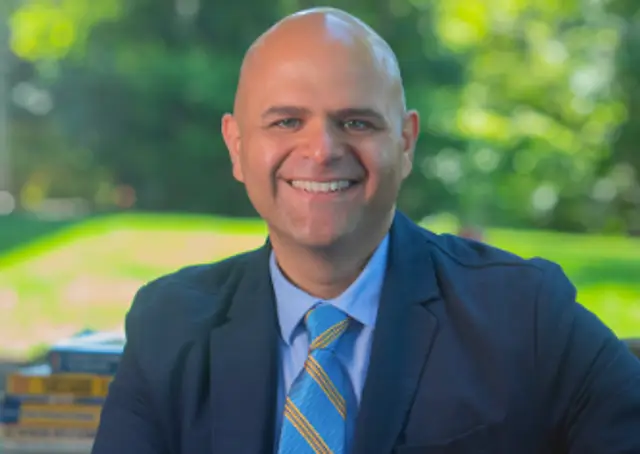The Role of Research Within a College Application Résumé
3 minute read
In my work as a former admission officer for both MIT and Caltech, I was always struck by the number of students within each school’s applicant pool who had a passion for invention and discovery. This might have had something to do with each institute’s respective research program, UROP and SURF, with MIT students taking up the mens et manus mantle to solve practical and worldly problems with their minds and hands and Caltech students aiming to broaden the scope of human knowledge and shed light upon the unknown. Both schools, in their own peculiar ways, embodied, for me, imagination and an ethos of creativity and original discovery. They still do.
Improve your admissions edge with research
Polygence pairs you with an expert mentor in your area of passion. Together, you develop your own schedule as well as your own idea, to create a high quality research project that is uniquely your own. You We also offer options to explore multiple topics, or to showcase your final product!
But it wasn’t college applications chock-full of research abstracts—research done for research’s sake—that would have caught my admissions eye. Internships, job experiences, and volunteer opportunities, in and of themselves, didn’t weigh too heavily within the admissions process at MIT or Caltech; they weren’t quite requisites to a successful college application and were rarely regarded as singular accomplishments. Instead, they were part of an aggregated whole, an overall story. They held admissions sway when weaved into a greater narrative that demonstrated an unselfish curiosity and desire to have real-world impact upon community or upon the realm of problem-solving.
In my current practice as an admissions consultant, I often reflect upon the admissions experiences I honed at MIT and Caltech when I ask students about their interests—their passions even. If their curiosity happens to fall within the STEM sphere, I might encourage them to seek out a research experience, not because I think it’s a necessary part of a successful admissions strategy, or because I think it would be an advantage within the admissions process itself; I encourage them because such experiences can serve as opportunities for growth and clarity. Students often discover, through such scientific exposure, that their passion for STEM is real; sometimes they home in on the discipline they love. Whether their discoveries come through an engineering build, the original and creative manner in which they’ve grappled with math, or through the inventive STEM contributions they might make to their place of employment, volunteer organization, or learning community, they often come away from such experiences having whetted their appetite for more learning.
Work with an expert mentor to explore your passion
At Polygence, we precisely match you with a mentor in your area of interest. Together, you can explore and deepen your passions.
I’ve seen students who, after having spent a summer analyzing the movement patterns of cells to detect cancer, grow their almost singular love of AI into a passion for biology. Other students went in the opposite direction: from a curiosity for biology to an interest in computer science to a budding desire to study business, it might have been that initial research experience studying neurological disabilities which later led to app development. And then there are those students who may have confirmed their love of physics after a summer spent developing a molecular simulation of hydrocarbons fueled by the exploration of a number of graduate-level physics papers.
I don’t think any of these students were defined by their research projects—they had so much more within their profiles that spoke to their curiosity and love of learning. But their research projects were important stepping stones. They served to either help confirm a student’s love of science or pointed them in directions they never expected. Whether a student made an intentional directional turn or remained on a straight path, they all had one thing in common: they were each, eventually, able to make their own unique contribution to the world around them. And when it came time for us to review their applications for admission, those contributions showed up more strongly and more clearly in our applicant pools.
Want to Learn More?
Join Polygence and do your own research project tailored towards your passions and guided by one of our expert mentors!
